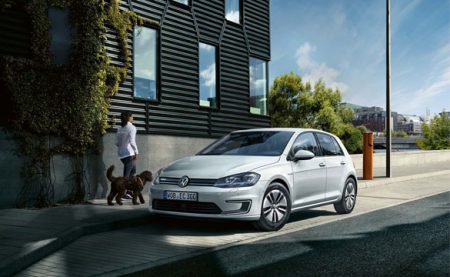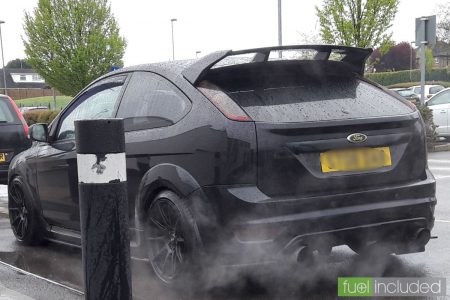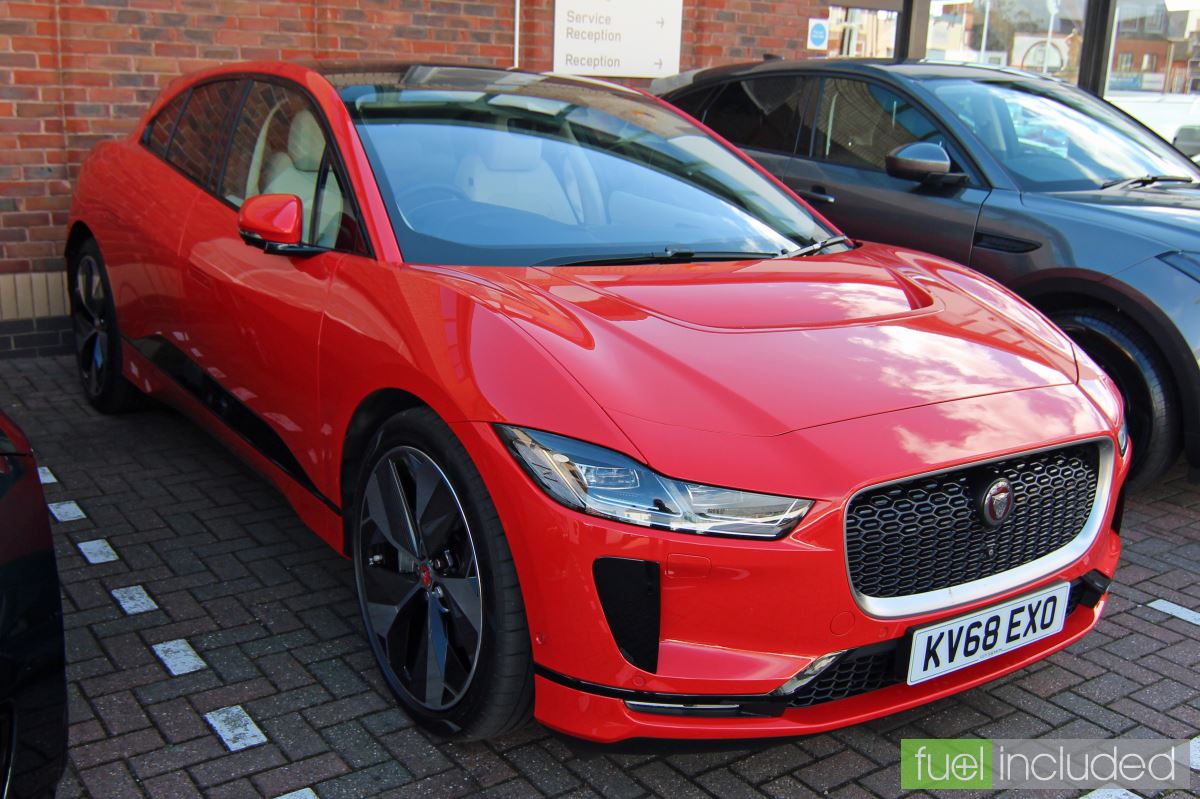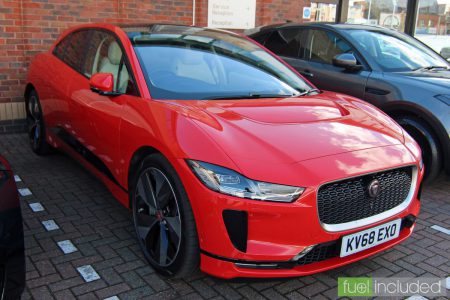Automakers are focused on developing models, but ad spending surge is sure to follow
Oil-rich Texas is an unlikely spot for an electric vehicle demand surge. But John Luciano, general manager of a Volkswagen dealership in Amarillo, says his customers are juiced about EVs, suggesting the market might finally emerge from niche status nationally.
“If there is interest in Amarillo, Texas—which is truck country—there is definitely interest,” he says.
Automakers are banking on it. Billions of dollars are flowing into the sector, with Ford, General Motors, Nissan, Honda and other big auto brands making grand pronouncements about their electric vehicle ambitions. Volkswagen Group, whose brands include Audi and Porsche, last week announced it will launch an estimated 70 new electric models in the next 10 years—up from its previous 50-model projection—accounting for 22 million vehicles globally. Audi last month ran a Super Bowl ad touting its claim that one-third of its new models will be electrified by 2025. “A thrilling future awaits. On Earth,” the ad boasted.

But there could be plenty of chills along with the thrills as brands look to overcome long-held consumer concerns about EVs. These include their relatively expensive pricetag when compared to similar gas-powered models, and so-called “range anxiety,” which refers to fears of being stranded, out of power, with no charging station in sight.
Technological advances, including investments in charging infrastructure, will quell some of the angst. But it will be up to marketing departments to get the word out with advertising that reaches beyond tree-hugging EV loyalists or wealthy, tech-obsessed buyers—all without overspending on a sector that remains unpredictable.
Read more: Adage









